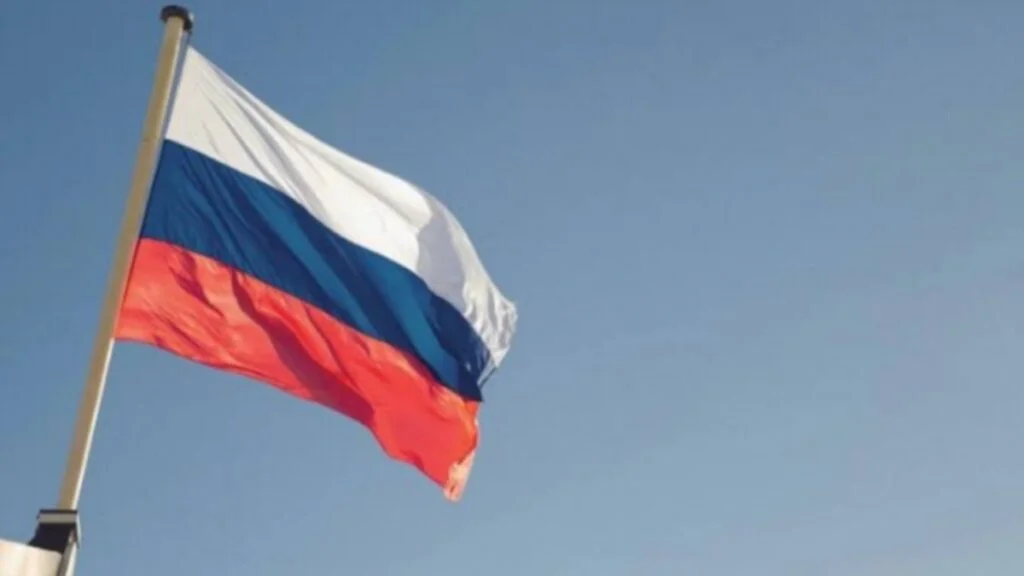The Russian government is contemplating cryptocurrency mining restrictions in 13 regions to save electricity in the country.

Alexander Novak, the Deputy Prime Minister of Russia, convened a government commission meeting on November 19 to deliberate on advancing the electric power sector.
Officials proposed restricting mining operations in regions experiencing power supply disruptions to mitigate shortages during peak energy demand seasons.

The government is implementing these restrictions in Russia’s key crypto-mining regions, including Irkutsk and the occupied Ukrainian regions of Donetsk, Luhansk, Zaporizhzhia, and Kherson.
Restrictions will persist until 2031
The entire Irkutsk region, individual sections of the Republic of Buryatia, and the Zabaikalsky Krai are among the areas in Siberia where Russia intends to implement crypto-mining restrictions.
As per an official communication from the Russian government, the restrictions are anticipated to be implemented until 2031 during the autumn-winter heating season.
Furthermore, the government has proposed similar restrictive measures in the territories of the Republic of Dagestan, the Republic of North Ossetia-Alania, the Republic of Ingushetia, the Chechen Republic, the Kabardino-Balkarian Republic, and the Karachay-Cherkess Republic for 2031.
Irkutsk, Russia’s critical hub for cryptocurrency processing
If approved, the proposed restrictions would significantly impact Russia’s crypto mining operations, as several critical local industry firms, such as BitRiver, rely on affordable electricity in regions such as Irkutsk.
According to local sources, the first and largest data center by BitRiver, established in 2019 in the city of Bratsk, is located in the Irkutsk region.
Several favorable conditions, including a frigid climate, low electricity rates, and a substantial hydroelectric potential of renewable energy, have made Siberian regions like Irkutsk attractive to crypto miners.
For instance, the hydroelectric power station in Bratsk, one of Russia’s largest producers of hydroelectricity, has an electric power capacity of 4,500 megawatts.

In August and October 2024, Russian President Vladimir Putin signed a series of statutes concerning crypto mining.
Even though the laws established a regulatory framework for crypto mining, numerous industry professionals have expressed concerns regarding the legal uncertainty surrounding certain aspects of the regulation.
Russia’s new crypto mining laws have imposed numerous restrictions, including the prohibition of foreign individuals from mining in the country and the ability of the government to prohibit mining in regions that are susceptible to power supply shortages, in addition to legal uncertainty.
